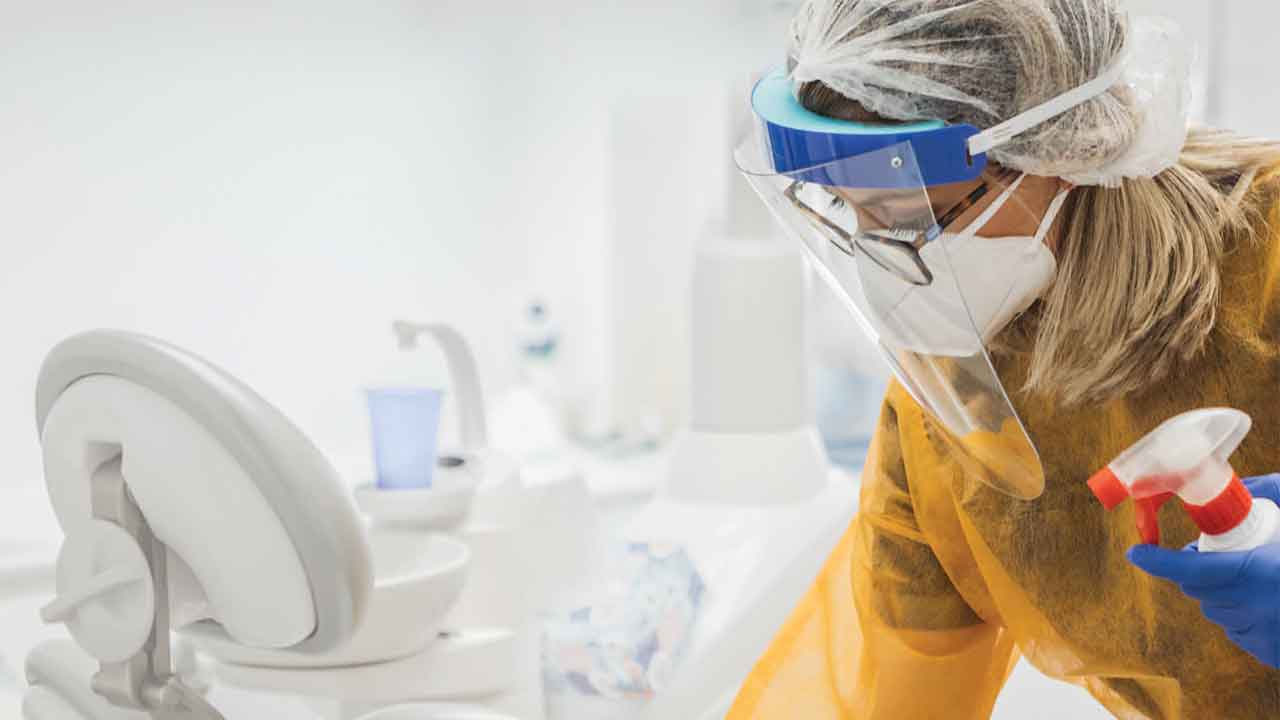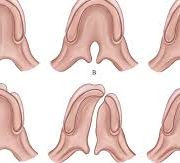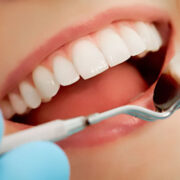An unsung hero works nonstop to preserve your pearly whites in the enigmatic court of oral health, where smiles are made and dental secrets are revealed. Imagine a dental hygiene superhero with tools that match the brilliance of your smile, all while sporting scrubs. Who is this silent victor? The mysterious dental hygienist, that’s who! Come along on an exploration as we uncover the science behind those tooth cleanings, professional guidance, and the general enchantment that keeps your teeth shining. Read this blog by dentist.
Who is a Dental Hygienist?
A dental hygienist is a certified specialist in oral health with an emphasis on preventative dentistry. They are essential for preserving the best possible oral health and averting dental problems. Dental hygienists frequently serve as the first line of defence in the fight against cavities, gum disease, and other oral health problems, working closely with dentist.
Primary responsibilities include:
Dental hygienists thoroughly clean teeth to get rid of stains, tartar, and plaque. To ensure the best possible dental hygiene, they scale teeth using specialized instruments.
Dental hygienists evaluate patients’ oral health prior to providing any cleanings or treatments. This entails looking for possible problems by analyzing X-rays, teeth, and gums.

Teaching patients good oral hygiene habits is one of the main responsibilities of dental hygienists. For the best dental health, they offer advice on how to brush and floss effectively, as well as how to maintain a balanced diet.
To avoid cavities, dental hygienists frequently use tooth sealants and fluoride treatments. An additional line of defense against decay and other dental problems is provided by these preventive methods.
Dental hygienists collaborate closely with dentist to offer support throughout a range of dental procedures. They might document patient histories, take X-rays, and help with treatment planning.
Educational Background and Training Required:
Educational Requirements
Both formal education and clinical training are necessary to become a dental hygienist. Usually, one needs to graduate from an approved institution with an associate’s degree in dental hygiene. To develop in positions in research or education, some people nevertheless seek bachelor’s or master’s degrees.
Coursework
A combination of scientific and dental hygiene courses are offered in the curriculum, with topics like anatomy, physiology, pharmacology, radiography, and the theory and practice of dental hygiene covered. An essential element that enables students to apply their knowledge in a supervised situation is clinical experience.

License
Prospective dental hygienists must pass national and state-specific license exams in addition to fulfilling the educational requirements. This guarantees that they fulfill the competency requirements required for practice that is both safe and efficient.
Skills and Qualities of an Effective Dental Hygienist:
Communication Skills
A dental hygienist’s job is centered around effective communication. They have to communicate complicated oral health information to patients in a way that is easy to comprehend. Furthermore, effective communication makes working with other oral healthcare team members easier.
Attention to Detail
When doing procedures like scaling and polishing, dental hygienists need to pay close attention to detail. Precise evaluations of dental health and comprehensive cleanings are guaranteed by meticulous attention to detail.
Empathy and Social Skills
It’s critical to establish trust with patients. Dental hygienists that possess empathy and good interpersonal skills are better able to provide a relaxed atmosphere, which reduces patients’ apprehension and promotes a positive dental experience.
Problem-Solving Capabilities
Problem-solving abilities are necessary for evaluating oral health. Dental hygienists work with dentist to diagnose problems, evaluate symptoms, and create treatment strategies that work.
Dr. Chirag Chamria’s Perspective on Dental Hygienist
As a Certified Oral and Maxillofacial Surgeon, Dr. Chirag Chamria has received substantial training in orthognathic surgery, cosmetic dentistry, zygomatic implants, complete mouth reconstruction, and oral cancer rehabilitation. It is a privilege to have Dr. Chirag as the Director and Maxillofacial Surgeon at Royal Health Care Pvt Ltd. He is currently an attending physician at Royal Dental Clinics, where he practices cosmetic dentistry, facial aesthetics, and oncology. He is a top dentist in Mumbai and a dental surgeon.
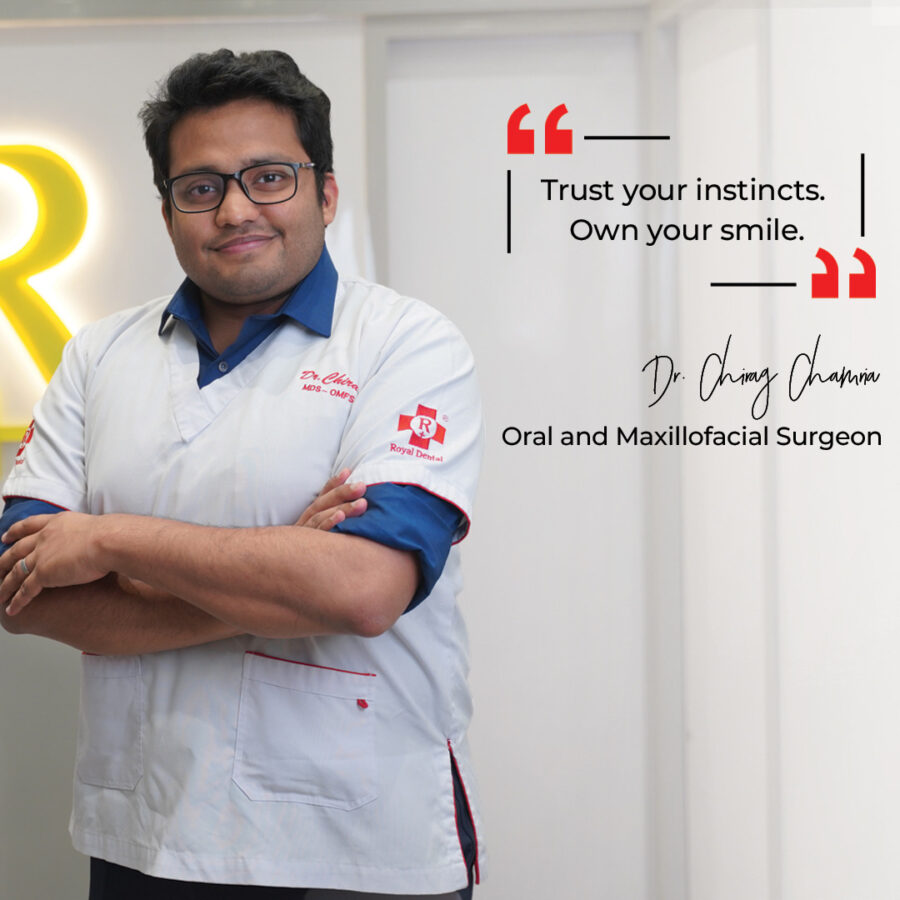
Dr. Chirag has finished his postgraduate training in “cancer surgery” at the University Medical Center of the Netherlands in Europe. His current research is focused on “Salivary Organ Sialography” at the University of Geneva, Switzerland. The majority of oral and maxillofacial surgery and dentistry cases are within the surgical planning specialty of Dr. Chirag Chamria.
During his presentation on the ‘Universe in Your Mouth,’ Dr. Chirag received recognition and appreciation from the more than 1200 members of the Malad Medical Association. Dr. Chirag was given a Success Story award by Midday in recognition of his productive service to the community. Dr. Chirag was one of the 30 Under 30 Young Entrepreneurs honored in 2023 for this healthcare industry breakthrough.
Personal Experiences Working with Dental Hygienist:
In his clinic, Dr. Chamria considers dental hygienists to be essential. He recognises the distinct contributions dental hygienists bring to the entire patient experience, having worked with several of them over the years.
Under Dr. Chamria’s direction, dental hygienists become an essential component of the patient-focused care philosophy at Royal Dental Clinics, performing everything from simple cleanings to more involved procedures. Their focus on preventive treatment and meticulous attention to detail fit in perfectly with Dr. Chamria’s long-term dental health promotion philosophy.
Evolving Role of Dental Hygienist
The roles that dental hygienists play are changing dramatically due to technological improvements, changes in legislation, and increased chances for professional advancement. This progression is creating new opportunities for professional growth in addition to improving their capacity to provide the best possible treatment for patients.
Integration of Technology in Dental Hygiene Practices:
Use of Digital Tools for Patient Education
Dental hygienists’ toolkit now includes a plethora of digital resources that are essential for patient education. Static brochures are a thing of the past; nowadays, patients can learn in an interesting way thanks to interactive software and digital platforms. Dental hygienists convey oral health principles, treatment plans, and appropriate hygiene behaviors via interactive apps, visual aids, and internet resources. This promotes a proactive attitude to dental care in addition to better patient knowledge.
Developments in Diagnostic technology
There has been a significant shift in the field of dental diagnostic technology. Modern instruments such as digital impressions, 3D radiography, and intraoral cameras are now available to dental hygienists. These developments make it possible to analyze oral health conditions more accurately, identify problems early, and arrange treatments more effectively. Digital diagnostic technology integration improves dental hygiene practices’ accuracy and productivity, which eventually improves patient outcomes.
Challenges Faced by Dental Hygienist
Despite being essential to preserving oral health, dental hygienists face a variety of difficulties in their day-to-day work. These difficulties can affect how well they are treated, from managing patient compliance and clearing up misconceptions to dealing with time restraints in a busy dental office.
Time Restrictions in a Dentist Office on the Go:
Time constraints in a busy dental practice are one of the main issues dental hygienists deal with. Shorter appointment times result from the demand for oral health services frequently exceeding the amount of time available. This restriction may have an impact on patient education, preventive care, and cleaning protocols. Dental hygienists have to effectively manage their time in this fast-paced setting in order to provide high-quality care and keep appointments.
Patient Instruction and Compliance:
For dental hygienists, patient compliance is still another major obstacle. Not all patients follow recommendations despite efforts to educate them about the significance of routine dental appointments, appropriate oral hygiene practices, and dietary habits. Optimal compliance can be hampered by things like personal habits, ignorance, or even financial limitations. Dental hygienists must overcome these obstacles by implementing efficient communication techniques, customizing instruction to meet the needs of each student, and encouraging teamwork in order to increase patient comprehension and involvement.
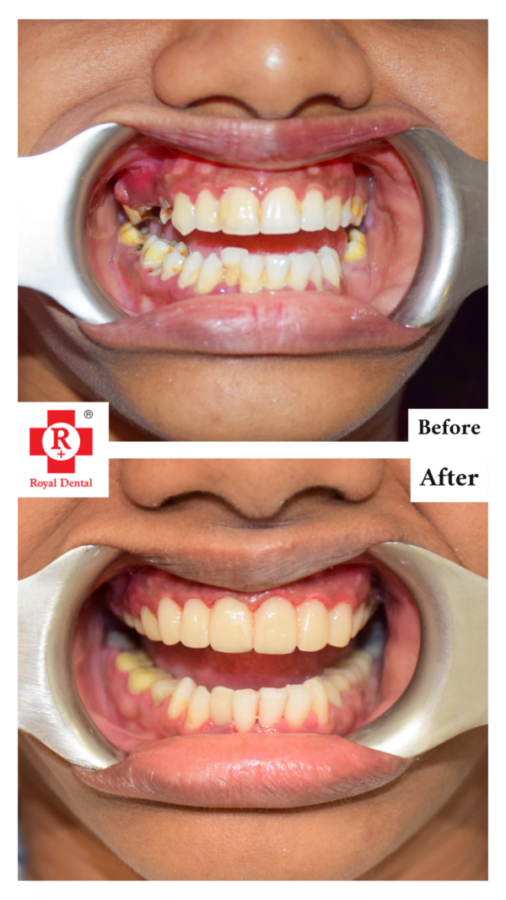

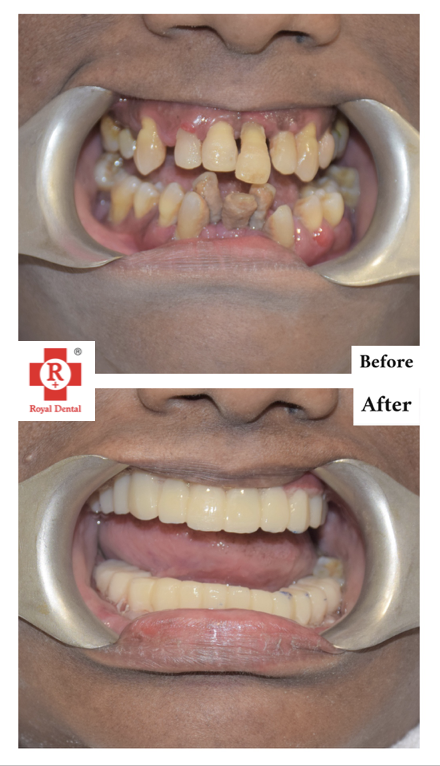
Dispelling Myths Regarding Dental Hygienists’ Function:
Persistent misconceptions regarding the function of dental hygienists present a special set of difficulties. Dental hygienists may be thought of by some as only being in charge of tooth cleanings, but they also play a larger part in patient education and preventive treatment. Dental hygienists may be treated with less respect and trust as a result of this misperception. It will take aggressive measures to inform the public and other medical professionals about the extensive scope of a dental hygienist’s duties in order to overcome this obstacle. It is imperative to advocate for the acknowledgement and gratitude of their involvement in debunking these myths.
Conclusion
As we come to an end in our exploration of the magical domain of dental hygienists, let’s consider the enchantment that permeates every move they make. The path these unsung warriors take, from plaque skirmishes to educational odysseys, determines the fate of your smile. “Regular visits to your dental hygienist are not just appointments; they are investments in your long-term oral health,” says Dr. Chirag Chamria. Accept the enchantment and keep your smile shining.

